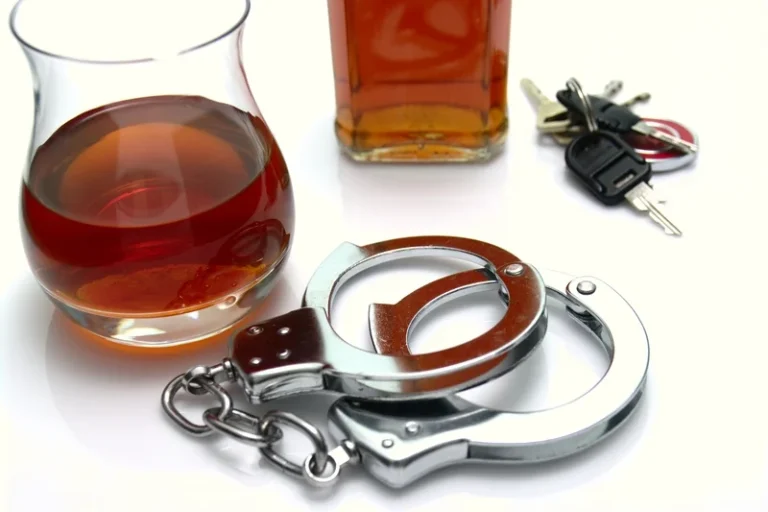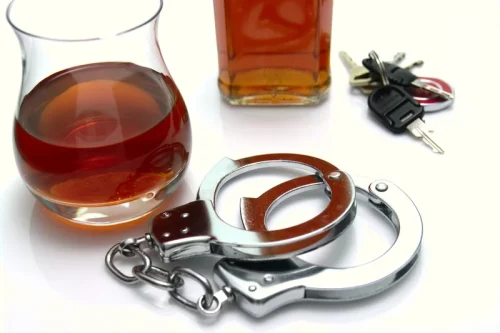
We will also talk about why it’s important to recognize them and get prompt treatment. If you or someone you care about abuses alcohol, you might be concerned about the negative consequences of drinking too much. Below, you’ll learn more about seizures, how they can be linked to alcohol use, abuse and alcoholism, and how to know whether you or someone you love might be addicted to alcohol. They pose risks of physical injury, progression to life-threatening conditions like delirium tremens (DTs), and even death if untreated. During check-ups, doctors can monitor for signs of chronic conditions that may increase seizure risk, such as hypertension or diabetes. They can also review and adjust any medications that could adversely interact with alcohol, thereby reducing seizure likelihood.

Alcohol and your health: Risks, benefits, and controversies
- They also do not cause changes in electroencephalographic (EEG) readings (brain activity tracings).
- A 2017 review found that a history of alcohol misuse increased the risk of post-traumatic epilepsy in people with traumatic brain injury.
- If you’re thinking about quitting alcohol, especially after years of heavy drinking, it’s important to understand the causes and triggers of alcohol withdrawal seizures.
- Chronic alcohol consumption can disrupt brain chemistry, leading to potential seizures during the withdrawal stage.
- Addressing the psychological aspects of AUD is crucial for long-term recovery and seizure prevention.
Benzodiazepine treatment remains one of the most effective methods for preventing seizures and stabilizing the nervous system during alcohol withdrawal. These medications work by stabilizing the brain’s electrical activity, preventing the sudden surges that cause seizures. Medical detox is the first step in recovery, providing a safe and supportive environment to manage withdrawal symptoms. With Springboard Center’s Family Program, you can strengthen your role as a supportive family member with the hands-on therapy sessions.
- In about a day, hallucinations might appear especially if the individual had been binge-drinking before that.
- However, they may cause people to fall and sustain potentially serious injuries, such as head injuries.
- They occur when someone who has been drinking heavily for an extended period suddenly stops or significantly reduces their alcohol intake.
- Seizures typically happen within 6 to 48 hours after the last drink, but the exact timing can vary based on the individual’s drinking history and other health factors.
- Treatment in an appropriately equipped facility is recommended for patients with this risk profile which can be measured easily by a general practitioner or in an emergency department.
Behavioral Therapy
In an ICU, your heart rate, blood pressure, and breathing can be monitored closely in case emergency life-support (such as artificial breathing by a machine) is needed. Alcohol withdrawal is easy to diagnose if you have typical symptoms that occur after you stop heavy, habitual drinking. If you have a past experience of withdrawal symptoms, you alcohol withdrawal seizure are likely to have them return if you start and stop heavy drinking again.
Treatment Programs

They can happen as early as six hours after the last drink but are most common within 24 to 48 hours. Alcohol withdrawal seizures are not just a symptom of quitting drinking — they’re a loud, urgent alarm bell that your body is in distress and needs help. The calculated E-values for emergency admission were 10.4 Sobriety for OR and 3.82 for its CI, for previous DT 6.46 for OR and 2.37 for its CI, and for ILS 3.82 for OR and 1 for its CI. Recognizing these elements is vital for successful treatment and management of alcohol withdrawal. Extended use of alcohol followed by its cessation can result in nutritional deficits that compromise general health and increase the likelihood for continued consumption or abuse of alcohol. To evaluate the severity level experienced during withdrawal, measurement tools such as the Clinical Institute Withdrawal Assessment (CIWA) scale are utilized.

This review provides an overview of the current understanding of the cellular and molecular events that lead to alcohol withdrawal seizures. Alcohol withdrawal seizures can occur when a person has been drinking heavily for a period of time and suddenly stops or cuts back. It will also talk about why they happen, how they are treated, and how you can prevent them from happening. Alcohol withdrawal symptoms are a range of impacts that can occur when you stop drinking or significantly reduce your alcohol intake abruptly. The duration of someone’s drinking, the amount of alcohol consumed on a regular basis, and any co-occurring medical conditions may all impact withdrawal severity.
- Binge drinking is defined as a pattern of alcohol intake that causes the blood alcohol concentration (BAC) to be 0.08% (0.08 g/dL) or higher.
- Long-term management may involve antiseizure medications such as phenobarbital or gabapentin to maintain stable brain activity.
- In early stages, symptoms usually are restricted to autonomic presentations, tremor, hyperactivity, insomnia, and headache.
- The intensity of symptoms experienced during alcohol withdrawal is determined by the degree of alcohol dependence, an individual’s medical history, and any additional substance use.
